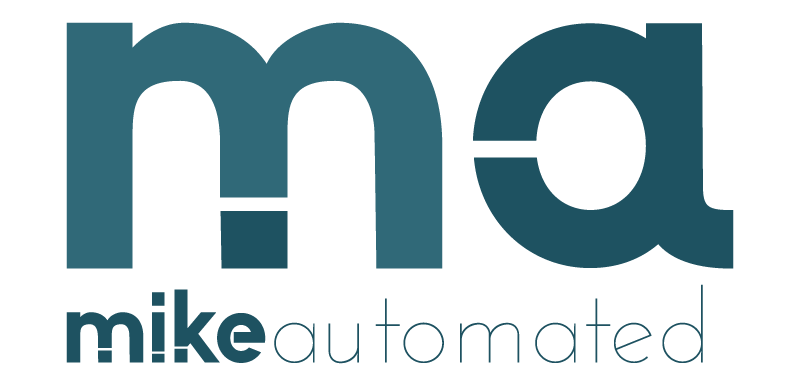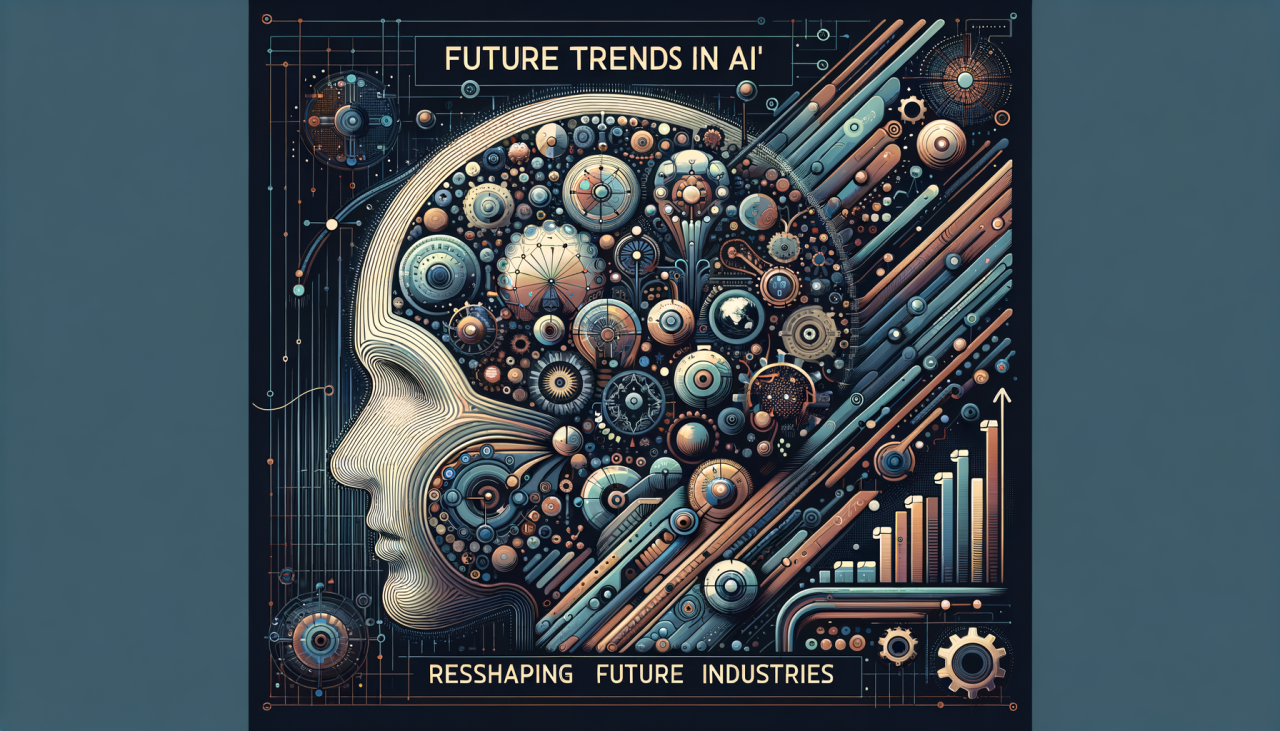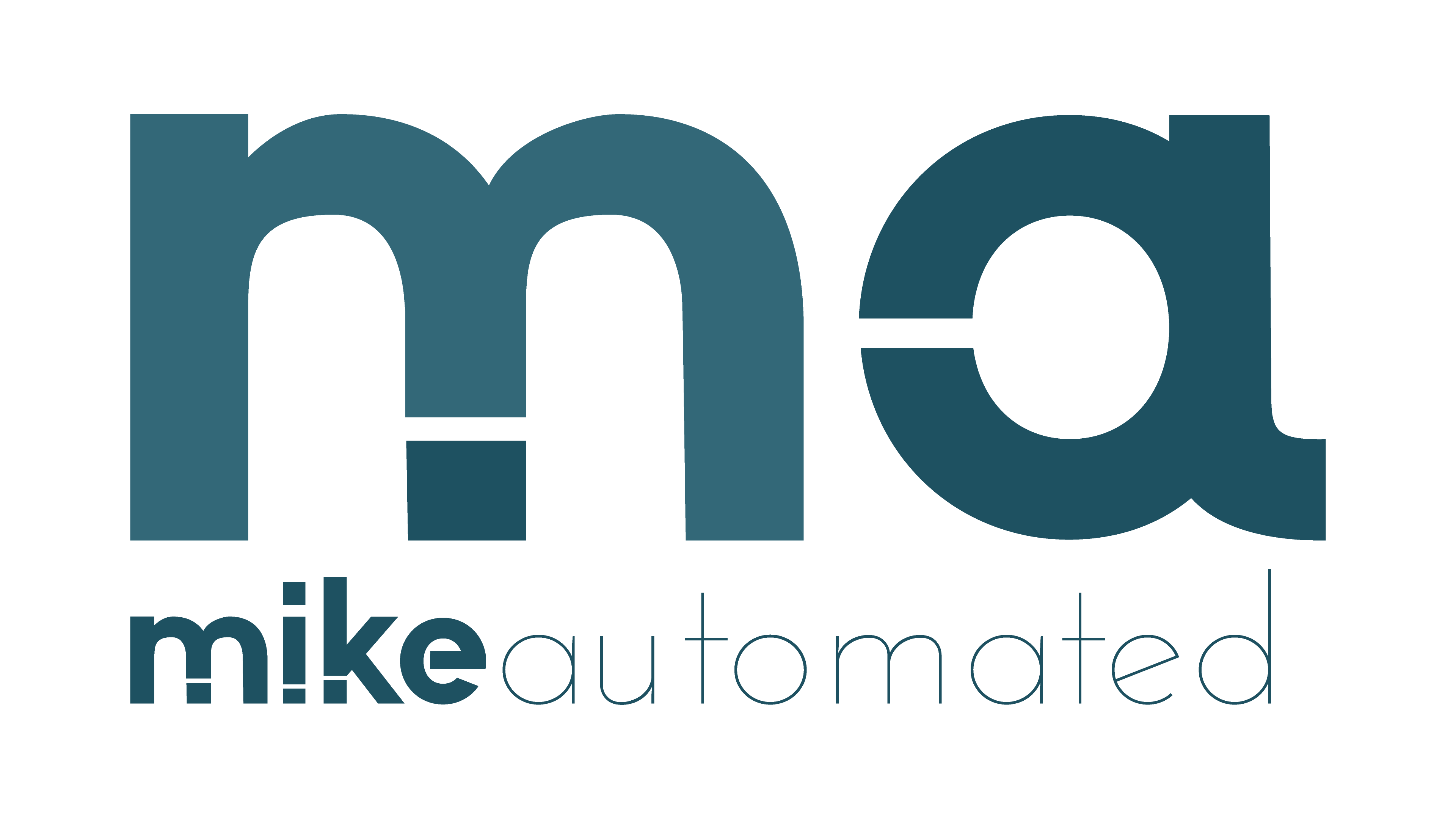TL;DR:
- AI is transforming industries: Key sectors like healthcare, finance, and logistics are adopting AI for efficiency and innovation.
- Healthcare advancements: AI is improving diagnostics, personalized medicine, and patient care.
- Finance evolution: Fraud detection, algorithmic trading, and customer service are being revolutionized by AI.
- Logistics optimization: Predictive analytics and automation are streamlining supply chains globally.
- Future-ready businesses: Organizations must prioritize AI adoption to stay competitive.
How AI is Driving Change in Key Industries
1. Revolutionizing Healthcare
AI is revolutionizing healthcare by enhancing accuracy, reducing costs, and personalizing patient care. From diagnostics to treatment, AI-powered tools are now critical to medical advancements.- Improved Diagnostics: AI systems like IBM Watson and Google DeepMind Health analyze vast medical datasets to detect diseases such as cancer, often earlier than traditional methods.
- Personalized Treatment: AI algorithms use patient data to customize treatment plans, ensuring better outcomes with efficient resource allocation.
- Remote Monitoring: Wearable devices with AI capabilities monitor patient vitals in real time, enabling proactive interventions and reducing hospitalizations.
2. Transforming Finance
Finance is a data-driven industry, making it an ideal candidate for AI adoption. AI tools are optimizing operations, improving customer experiences, and enhancing security measures.- Fraud Detection: AI-powered fraud detection systems analyze spending patterns in real time to flag suspicious activity instantly.
- Algorithmic Trading: Financial institutions use AI to predict market trends, enabling faster and more accurate investment decisions.
- Enhanced Customer Service: Chatbots and virtual assistants provide 24/7 support, answering queries and handling transactions efficiently.
3. Optimizing Logistics and Supply Chains
In logistics, where time and cost efficiencies are paramount, AI is delivering results that were once considered impossible. Intelligent systems drive better decision-making and streamline workflows.- Predictive Analytics: AI analyzes trends like weather, demand fluctuations, and traffic conditions to optimize delivery routes and inventory management.
- Autonomous Vehicles: Self-driving trucks and drones are expanding delivery capabilities, minimizing human error while reducing operational costs.
- Warehouse Automation: AI-powered robots improve inventory handling speed and accuracy, reducing workforce strain and increasing throughput.
Why AI Adoption is Essential for Businesses
As AI continues to evolve, businesses must act decisively to remain competitive. Those who fail to adopt AI risk falling behind more adaptive competitors. Here’s why AI adoption is no longer optional:- Cost Savings: Automation supported by AI reduces repetitive tasks, cutting labor costs and operational inefficiencies.
- Scalability: AI systems enable businesses to scale processes without proportionally scaling human resources.
- Customer Expectations: Consumers now demand fast, data-driven, and highly personalized services, all of which AI supports.
The Future of AI: What Lies Ahead?
As we look to the future, AI will likely deepen its influence across sectors. Emerging trends include collaboration between humans and AI, ethical AI governance, and continued advancements in natural language processing (NLP) and computer vision. Industries that capitalize on these trends will thrive in a competitive landscape.- Human-AI Collaboration: Rather than replacing jobs, AI systems will enhance human capabilities, enabling professionals to focus on higher-value tasks.
- Ethical Governance: Governments and businesses are working on frameworks to ensure AI systems are fair, transparent, and unbiased.
- Advances in NLP: NLP will redefine customer communication, powering smarter chatbots, translators, and voice assistants.



